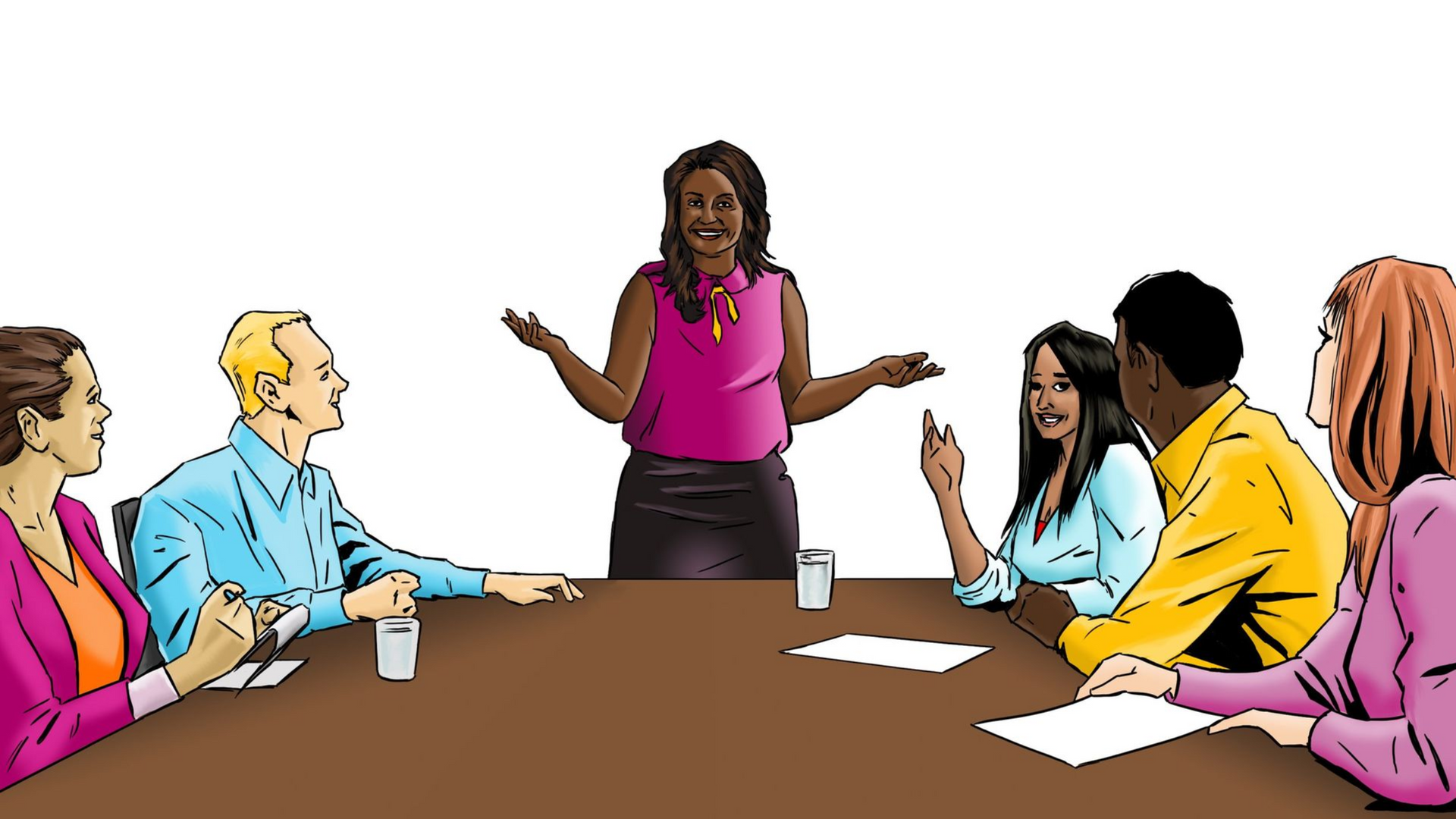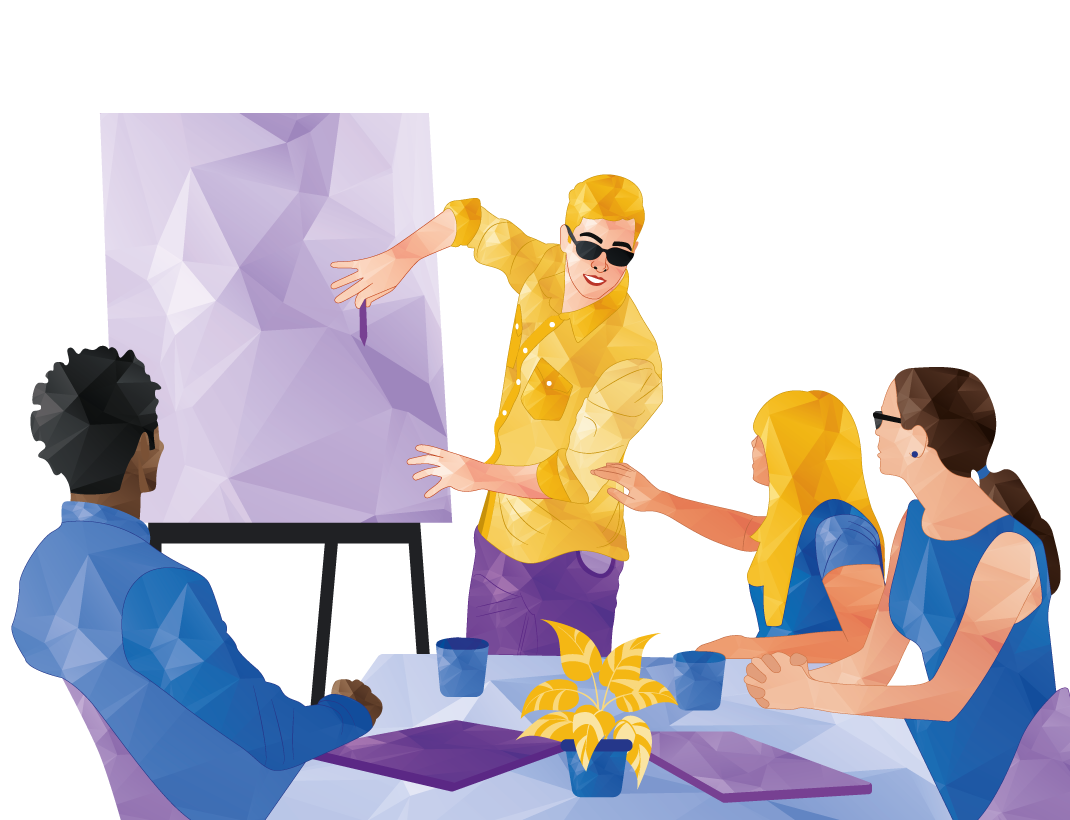How to Develop a Storytelling Culture at Your Organization

We love delivering our Influential Storytelling workshop. Not only is it a chance for us to work with groups of all sizes, all different audiences (sales, marketing, entire orgs), but we get to see somebody go from not having anything more than a kernel of an idea for a story to sharing something in front of a room (or virtual room) of people that is rich with feeling and has a message. It’s incredibly energizing.
But like many event-based learning, there’s always a risk that the skills, knowledge, energy and momentum developed in our workshops may get lost in the mess of daily worklife. We have pre- and post-event activities built into the Influential Storytelling program to help people integrate storytelling directly into their workflow, but there’s always more you can do to make storytelling part of your organizational culture.
Model Storytelling from the Top
Identify leaders, to model effective storytelling. True culture change is best supported by leaders who demonstrate the behaviors they want to see in their people. This includes executives and team leaders. Some leaders will already be natural storytellers, others may need to be coached to utilize storytelling more. Leaders who tell stories are more effective at communicating vision, getting buy-in and building connections and a sense of belonging with members of their organization. Leaders who are great storytellers are also more likely to build trust by showing up authentically, as full humans and not just as leaders on a pedestal.
Develop a Shared Language for Storytelling
One of the outcomes of our Influential Storytelling program, is that the participants walk away with a shared language and set of frameworks they can use to craft and develop their stories individually and collaboratively. They can apply those concepts to their own stories after the program and they can listen to a colleague’s story and offer feedback in a language they both understand. These tools allow people to continually reference storytelling and how it relates to their daily work. Each reference and nod back to the concepts and frameworks will help to build a stronger foundation for a storytelling culture within your organization.
Create Safe Practice Opportunities
Storytellers benefit incredibly from the opportunity to practice in front of audiences, even if that audience is only one peer. Practice opportunities help the storyteller develop familiarity and confidence around storytelling and public speaking AND the audience can provide feedback to help the storyteller make their story even more powerful. An organization can encourage this type of practice by setting up practice groups or pods, or reminding leaders that team meetings can offer a venue for low-stakes practice. For example, monthly sales huddles can begin with a salesperson sharing a customer success story followed by a brief discussion of how to best use that story in future sales conversations. These opportunities shouldn’t only be available to the people who are already strong in the skill. By creating a safe learning environment for people to practice storytelling, you’ll be able to build the storytelling skills of even the least experienced among the group.
Collect and Share Stories
Sometimes people don’t recognize moments or experiences as “story-worthy” or they come to us and say, “I don’t have any stories.” In cases like this, it can be very helpful for a team or organization to build a story library. Imagine a new employee joining a marketing team that values using impact stories in its content, but not knowing what is already out there that they can leverage. If you have a list of story ideas or a pile of videos to look through, that new employee is much more likely to feel like they can use those stories with confidence quickly.
Showcase Storytellers
One of the best ways to demonstrate that storytelling is valued at an organization is to hold a showcase where a curated group of storytellers refine stories and perform them on stage (or video) for a large audience. The showcase itself will become a marketing mechanism for developing a practice of storytelling for everyone in the audience.
What is the first step you would take to build a storytelling culture?
Recent Posts





